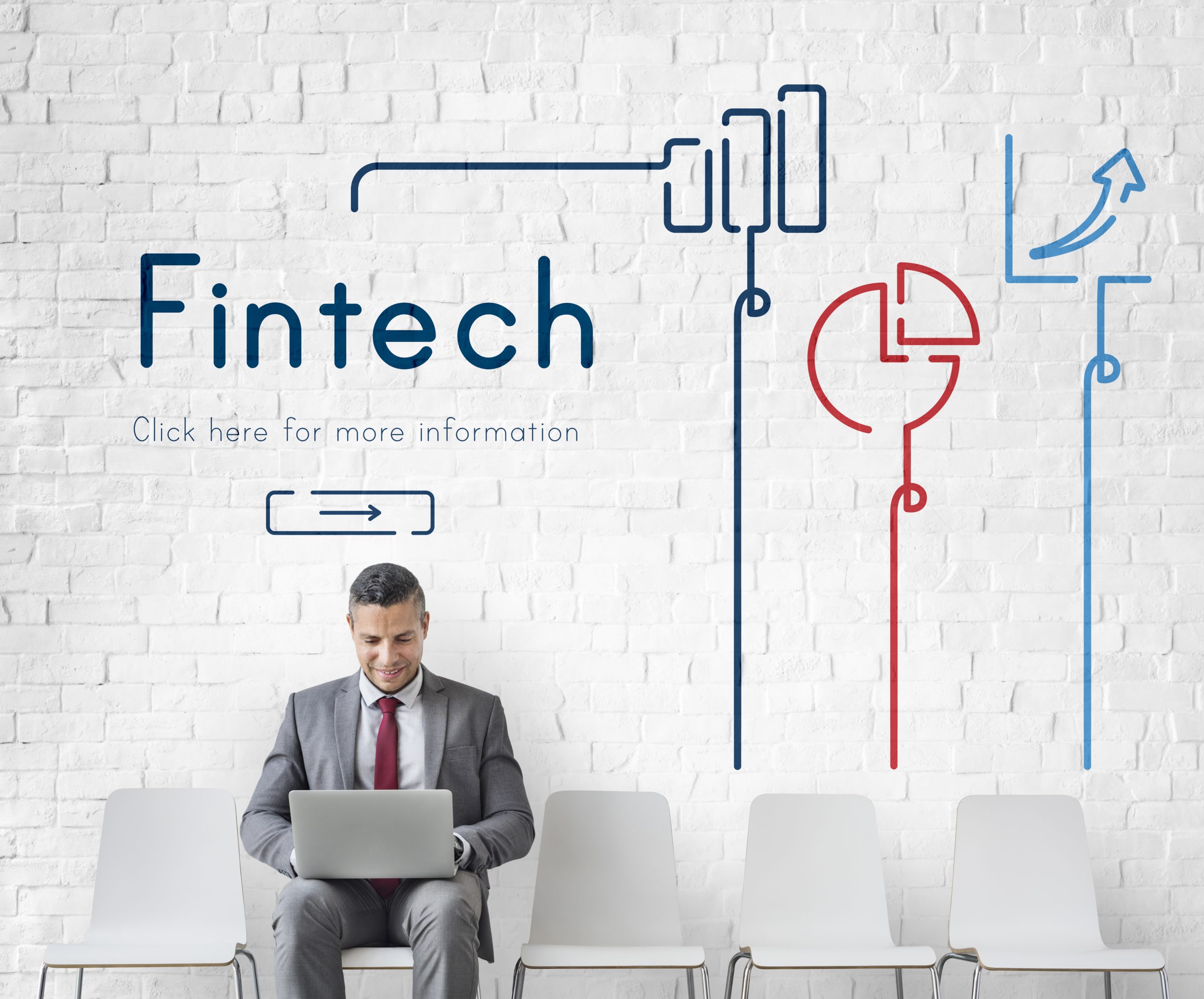
Fintech refers to the new wave of financial technology that is changing the way people manage their own money. When we talk about financial technology, we're talking about a wide spectrum of new tools that improve and simplify financial services by using digital innovations. Fintech, which includes innovations like robo-advisors and mobile banking, is changing the way people handle their personal finances. Fintech has had a significant impact on personal finance, and this essay delves into that impact and what it means for people as they navigate the financial frontiers.
Online Banking and Payments:
With the advent of internet banking and other digital payment systems, fintech has completely altered the way people interact with banks. Regular trips to the bank branch for mundane financial activities are quickly becoming a thing of the past. With a few taps on their phones, users of mobile banking applications may see their account balances, send and receive money, and pay bills. Because of the ease and accessibility of these digital platforms, people are able to have more influence on their own financial situation.
Tailored Financial Planning:
Individuals may now make better investing selections with the aid of robo-advisors and computerized financial planning tools. These tools evaluate monetary data using algorithms and then suggest investment plans according to each user's objectives and comfort level with risk. By removing the high expense of conventional financial advising services, this democratization of financial guidance opens up investing options to more people.
The World of Cryptocurrency and DEFI
By making financial services available to previously unbanked people, fintech has been instrumental in expanding access to formal financial markets. People in rural and underserved regions now have easier access to banking services thanks to mobile apps, digital wallets, and microfinance websites. A more inclusive global financial ecosystem is the result of removing geographical boundaries and reducing dependence on conventional banking infrastructure.
Extending Access to Financial Services
By making financial services available to previously unbanked people, fintech has been instrumental in expanding access to formal financial markets. People in rural and underserved regions now have easier access to banking services thanks to mobile apps, digital wallets, and microfinance websites. A more inclusive global financial ecosystem is the result of removing geographical boundaries and reducing dependence on conventional banking infrastructure.
Using Data to Inform Decisions
Fintech businesses are now able to provide more personalized and data-driven solutions because to the massive volumes of financial data that they gather and analyze. In order to get insights into spending habits, financial guidance, and credit risk evaluation, machine learning algorithms analyze user data. By tailoring services to each client's unique needs, we help people improve their financial situation and make better choices.
In summary
It is impossible to ignore the impact of fintech on individual financial situations since the industry keeps pushing the limits of innovation. The emergence of decentralized finance, digital solutions, and tools for individualized financial management are all changing the face of the financial sector. While these innovations provide previously unseen possibilities, consumers should proceed with care as they go into uncharted financial territory, keeping in mind issues like privacy, security, and regulatory compliance. The impact of fintech on personal finances is evidence of how technology may enable people to have agency over their own financial destiny.
Interested Articles:
The Reliability of Self-Driving Cars: A Journey Towards Safer Roads
